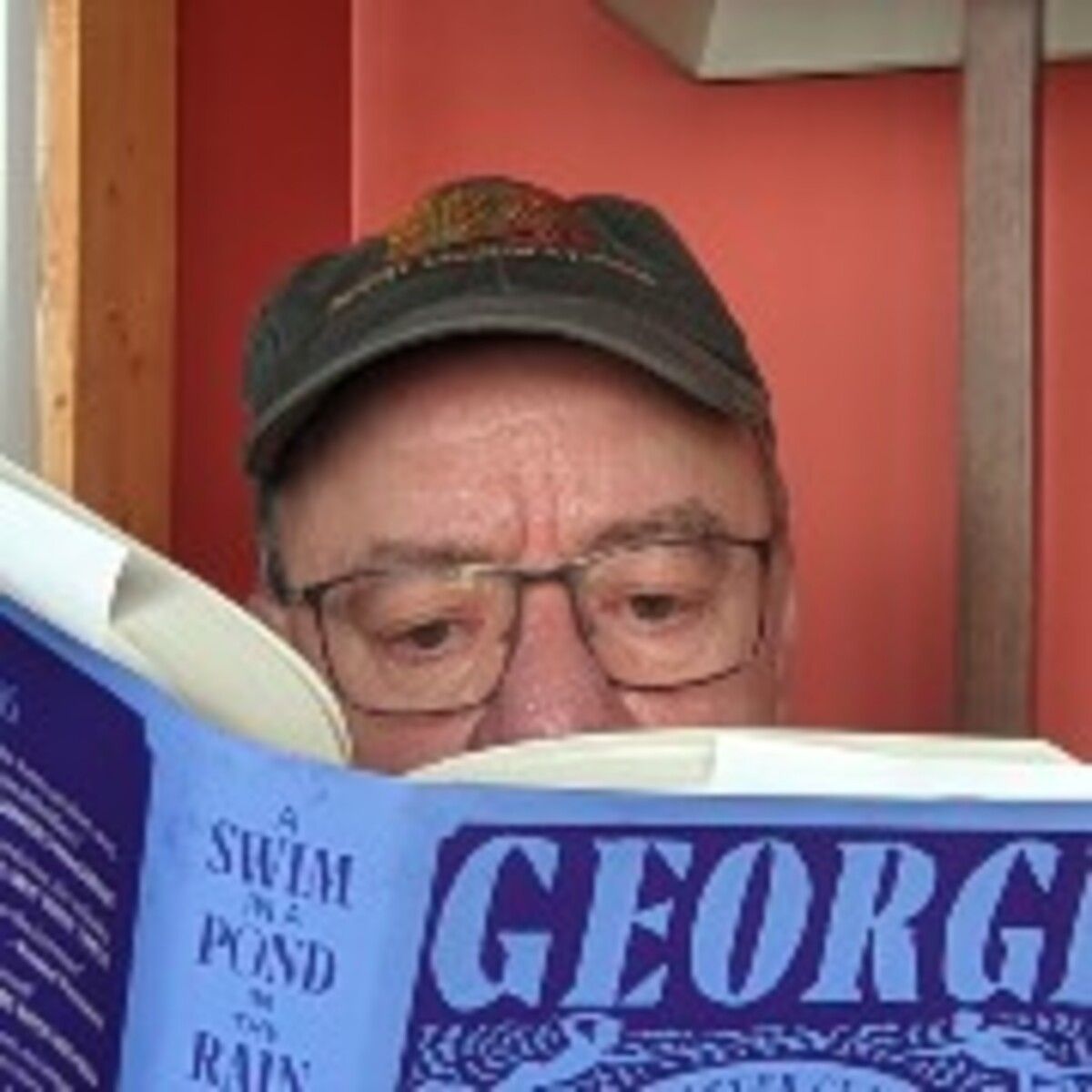
The Dictionary of Lost Words by Pip Williams, audiobook narration by Annabelle Tudor
Pip Williams had a massive worldwide hit with her 2020 book The Dictionary of Lost Words. Her follow up novel (not a sequel) The Bookbinder was just released last week in the US.
I heard so much buzz for The Dictionary of Lost Words that I picked up a copy when it came out on paperback last spring. After sitting on my To-Be-Read pile for a while I started reading it late last fall.
Started reading it, yes, but about a third of the way through the book I put it back on the shelf and seriously considered DNF’ing it. (If the acronym doesn’t ring a bell, it stands for “Did Not Finish”). I can’t say I found anything objectionable about the book, but it just didn’t speak to me at all. It suffered the fate of not being what I expected it to be.
Looking back now I think not finishing this book was the first sign of my approaching reading slump. And this spring when my slump set in I mostly forgot I’d even started reading it.
This summer, when I broke my reading slump and took stock of my To-Be-Read pile again, I realized the book was still not finished. I decided to tackle it again. Worried that I would find myself stuck once more I decided to check the audiobook out from the library on Libby.
What a difference! Pip Williams words that hadn’t spoken to me at all on paper were magical when spoken by Annabelle Tudor. I read / listened my way through to the end of the book and was fascinated.
Williams says in the Author’s Notes at the end of the book that she wanted to explore whether words mean different things to men and women, and whether the process of defining words has lost something.
Esme, the heroine of William’s story, is raised by her widow father in the midst of the creation of the first edition of the Oxford English dictionary. Her father is a contributor to the work and his idea of childcare is to pop little Esme under his desk while he works. She loves the time with her father, and so begins her lifelong love for words and their meanings.
The book follows Esme and her love of words throughout her life, and in her journey the answers to William’s questions become quite clear. Along the way you also get a story about the limits and possibilities of women’s lives in the early twentieth century in England.
I know I said that the fact that I put this book down unfinished was an early sign of my coming book slump. I wonder though, now that I’ve finished the book, whether my initial reaction is not somehow also an indication that words mean different things to men rather than women?
It’s an interesting question. I know I generally prefer non-fiction. Just now, I asked Bing’s AI whether men or women read more historical fiction like The Dictionary of Lost Words. This is what it said:
“According to a survey conducted by A Writer of History, women read more historical fiction than men. The survey found that 31% of women read historical fiction to learn about real people behind the legends, while only 26% of men do. Women also read historical fiction more often to bring the past to life (80% vs 72%), while men are more likely to read it because it’s a great story (69% vs 60%).”
So Bing’s AI gave me another insight. I agree that I like a historical fiction novel better if it has a good story. In my estimation, Williams spends too much of the book in Esme’s childhood. I didn’t find that overly interesting and so dropped the book. But coming back to the book I found that once Esme grows up the story becomes much more engaging.
At least it did for this man. I suspect my women friends may have a different opinion.
RATING: Three Stars ⭐⭐⭐ on paper, but ⭐⭐⭐⭐ on audiobook.
Steve's Book Stuff participates in affiliate programs for the booksellers asterisked below. Purchases you make through an affiliate link will return a small commission to me, at no additional cost to you.
Borrow or Purchase The Dictionary of Lost Words here:
📕Borrow the audiobook from your library through Overdrive and the Libby app.
📘 Buy or listen to the audiobook with subscription: Amazon | Barnes & Noble | Libro.fm | Audiobooks.com
📗 Support Indie Bookstores: Buy the paperback directly from Bookshop.org*.
📚 Visit my Bookshop.org shop to see all my reviewed books.
Title: The Dictionary of Lost Words
Authors: Pip Williams
Publisher: Ballantine Books (an imprint of Penguin Random House)
Publish Date: May 3, 2022
ISBN-13: 9781984820747
Publisher’s List Price: $17.00 (Paperback)
